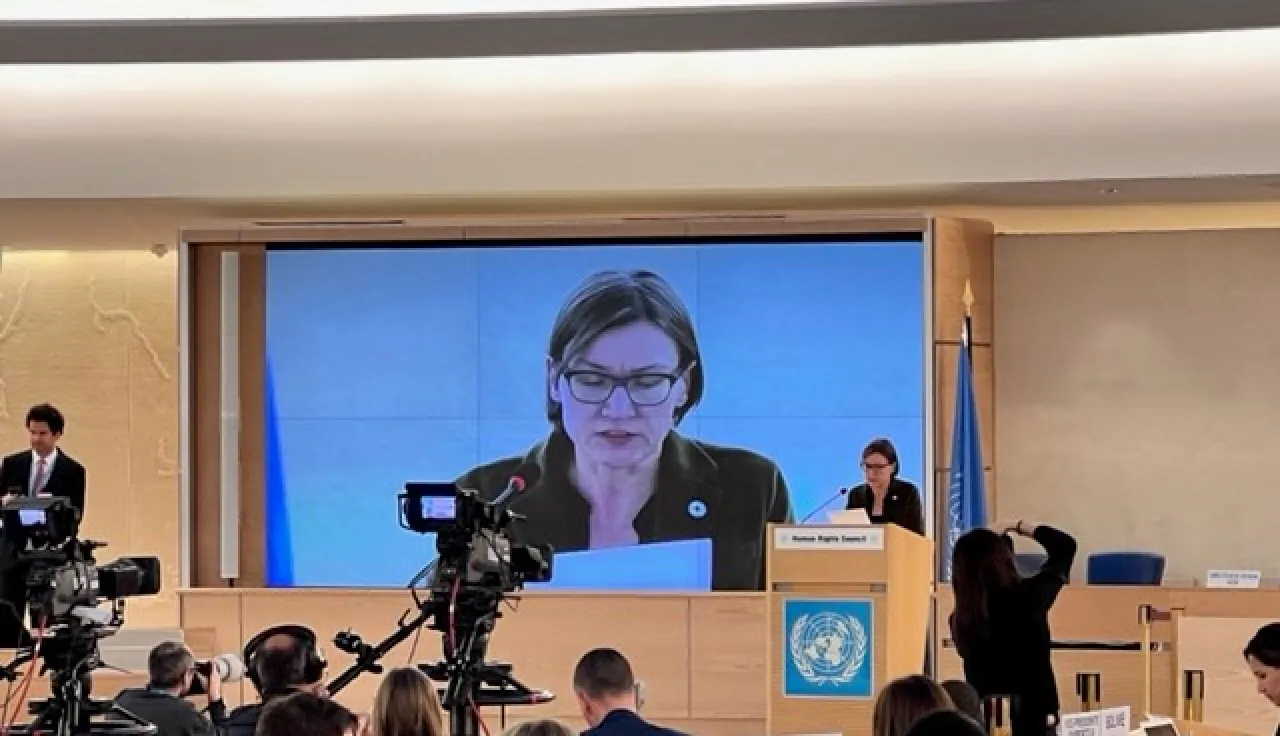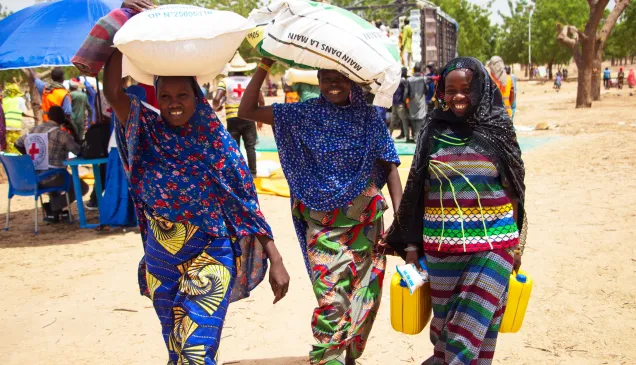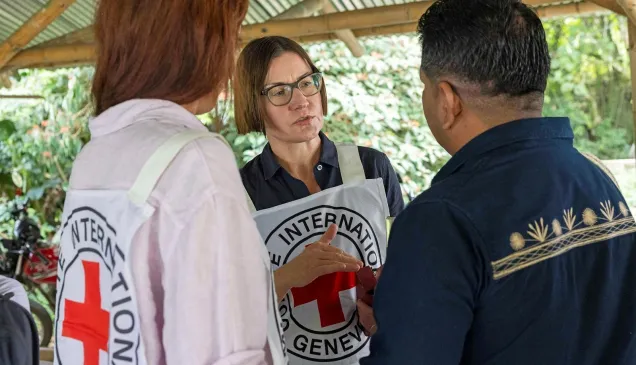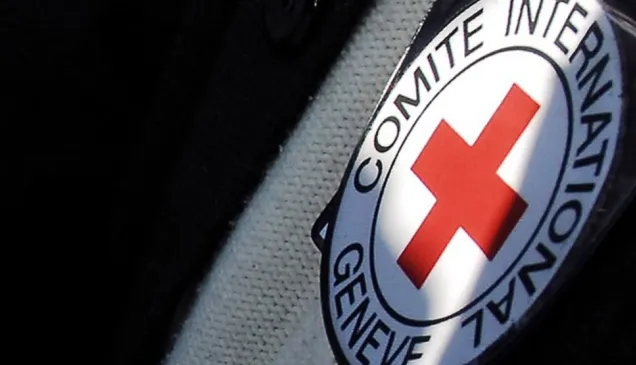Excellencies, ladies and gentlemen,
This year we mark two important anniversaries. Both are testaments to our common humanity.
It is 75 years since the Universal Declaration of Human Rights was adopted.
For the first time, the Declaration enshrined a set of indivisible human rights that should be universally protected.
And this year the International Committee of the Red Cross turns 160 years.
Over the decades the ICRC has relieved suffering and promoted international humanitarian law that sets out the minimum standards of humanity in armed conflict.
It is an impressive milestone – and one that I am proud of.
These two anniversaries affirm the enduring relevance of international humanitarian law and international human rights law that are there to protect people and communities in times of armed conflict.
Yet, we urgently need to do more to ensure their universal respect.
It is evident – as on my recent visits to Ukraine, Mali and Syria – that armed conflicts continue to ruin the lives of millions.
In Ukraine, I saw devastated cities, uprooted families and shattered lives.
In Mali, I saw women and children struggling for survival against a deadly combination of conflict, climate shocks and a major food crisis.
In Syria, I saw communities ravaged by years of fighting, suffering once again amid the destruction of the recent earthquake.
In addition to the resurgence of international armed conflict in Europe, we are facing an accelerated convergence of global trends:
- The impacts of massive displacement, rising inequalities, and new technologies of warfare, such as cyber operations and autonomous weapons, is growing by the day.
- Authoritarian rule that disregards fundamental rights and universal norms, both at national and international level, is on the rise.
- Human rights violations and war crimes are being committed every day with impunity.
In times of armed conflict, both international humanitarian law and international human rights law set rules and obligations for states, towards a common purpose: to protect the lives, health and dignity of people.
And to preserve our shared humanity, even in the most dire circumstances, such as being protected from ill-treatment when detained by an enemy state.
These bodies of law are the best tools for states to ensure that the most vulnerable and most marginalized are protected from violence, arbitrariness and discrimination.
The International Committee of the Red Cross and the Human Rights Council work towards a common goal – to ensure states respect and uphold these rules.
Our work is complementary and mutually reinforcing, yet with different approaches.
The ICRC builds trust through confidential dialogue with all sides, based on principles of neutrality and independence.
The Human Rights Council provides a public forum for reflections on interpretation, implementation of the laws, and accountability in the face of complex crises and challenges.
At a time when multilateralism is challenged, the Human Rights Council represents a vital space for exchanges.
Today, my calls on states are urgent:
- Recognize your existing obligations under international humanitarian law and international human rights law
- Preserve and spare no effort in implementing these laws – a hard-won and increasingly rare consensus – which protect us all
- Ensure that the needs and rights of the most marginalized and discriminated people are addressed and protected – including in situations of armed conflict and violence
- Preserve space for neutral, impartial, independent humanitarian action. For the ICRC it is our neutrality, and our consequent ability to speak to all parties, which allows us to access all people in need.
My goal as president of the ICRC is to make international humanitarian law a political priority again for all parties to the Geneva Conventions.
Because I truly believe in the preventive character of international humanitarian law.
It reduces the human cost and suffering caused by armed violence.
It is your responsibility to prevent the escalation of violence and suffering.
Each day you succeed in elevating respect for international humanitarian law and international human rights law, you are preserving our humanity.
Thank you




